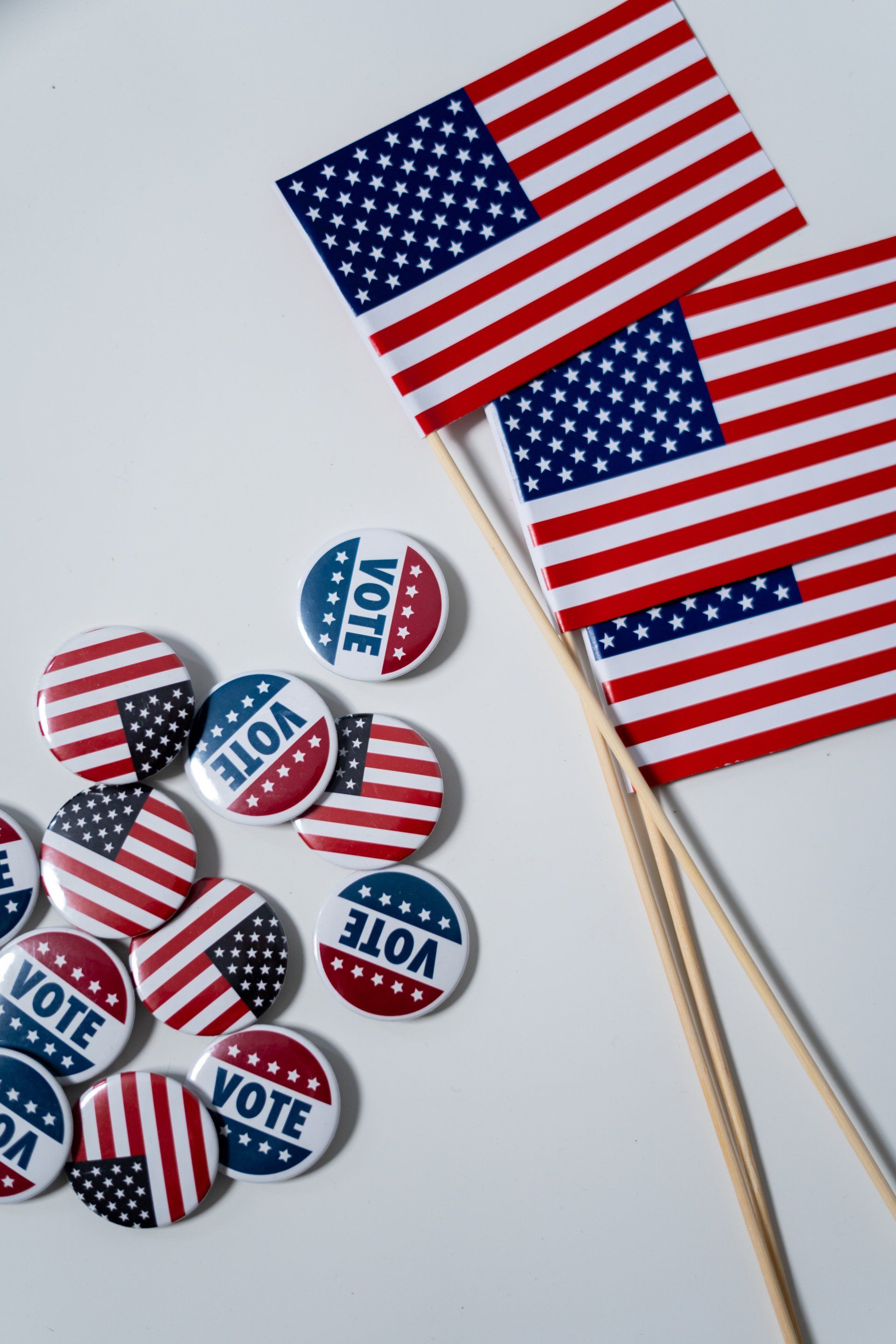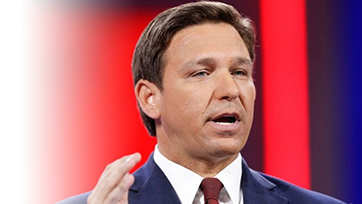Blog: Should you endorse Donald Trump for President? 4 key factors to consider.
Since Donald Trump announced his bid for the 2024 Republican presidential nomination in November of last year, his endorsements have rolled in in waves. The first flurry of endorsements came right after he announced his candidacy, and the most recent came in the wake of his indictment and subsequent arrest. With dozens of congressional Republicans already endorsing Trump, candidates for public office are justifiably wondering whether they themselves should endorse the former president’s 2024 bid.
To help candidates decide whether to endorse Trump in the 2024 Republican presidential primary, we’ve identified four key questions that candidates should consider before making such a pivotal decision:
1. Are you more concerned about winning the primary election or the general election?
2. How popular is Trump in your state? What about in your district?
3. Have your competitors endorsed anyone?
4. Is Trump actually going to win the Republican primary?
In the remainder of this blog post, we’ll dive deeper into each of these questions and explain how candidates can use them to make a final determination on whether to issue an endorsement.
1. Are you more concerned about winning the primary election or the general election?
Endorsing Donald Trump will likely have two effects: (1) many conservatives will be pleased, and (2) many others will be angered. It’s no secret that Trump is a polarizing figure, so it’s important to consider how the voters you’re courting will respond to your decision.
If you’re already the presumptive Republican nominee in a left-leaning district, that means you should be much more concerned about winning the general election than the Republican primary, and therefore should be courting middle-of-the-road voters. Most GOP voters will side with you over a Democrat no matter what, so it’s not as important to appease GOP voters as it is to win the support of independents and moderate Democrats. In this case, it would probably be unwise to endorse Donald Trump, as he’s typically unpopular among non-GOP voters (in most districts).
On the other hand, if you’re running in a deep-red district, winning the Republican primary will almost certainly translate to winning the general election. In this case, it’s not particularly important to appease anyone other than GOP primary voters, so endorsing Trump would be far less risky, assuming that Republicans in your district still support the former president.
Your own situation will likely fall somewhere between these two extremes, and there are several other factors to consider, which we’ll soon discuss. Nevertheless, it’s extremely important to remember which voters you’re trying to win over when making this crucial decision.
2. How popular is Trump in your state? What about in your district?
This question is pretty self-explanatory. You probably shouldn’t endorse Trump if the vast majority of your electorate dislikes him. And, conversely, you probably should endorse him if the vast majority of your electorate does like him.
However, it’s not always easy to gauge the true sentiments of your electorate without some real, unbiased, up-to-date data. FiveThirtyEight is a great resource for finding this data via political polls. The 2024 presidential election, and Donald Trump in general, are hot topics, so it’s likely that there’s a recent poll in your state (or maybe even your district) on Trump’s favorability and/or whether he should be the 2024 GOP nominee. If you can’t find sufficient data to make your decision, you can also reach out to our team to commission your own proprietary poll among voters in your district.
It's important to not just consider whether Trump is popular or not, but also whether voters support his new presidential bid. For instance, our polling in Florida shows that many DeSantis 2024 supporters still hold Trump in high regard, but just don’t want him to be the nominee. For this reason, it’s crucial to look at all aspects of the issue, and not just simple toplines.
3. Have your competitors endorsed anyone?
Your competitors can and should influence your decision of whether or not to make an endorsement, but the calculus here can get tricky. If no one has endorsed a 2024 contender, then it may be safest to stick with the crowd and stay out of it. But, the first to endorse a 2024 candidate could get a boost from supporters of that same candidate. There’s also the confounding factor – although one you should never count on unless you’ve had a definitive conversation about such – that your endorsement of a candidate could result in a reciprocal endorsement from that very same candidate.
Even still, there are more factors to consider here. What if, for example, you’re in a ten-way Republican primary where all nine of the other candidates have endorsed Trump? Maybe, purely for strategic purposes, endorsing some other candidate besides Trump could help you differentiate yourself and carve out just enough support to win a plurality of votes. Clearly, the consideration of your competitors’ decisions can be a tricky yet crucial task.
4. Is Trump actually going to win the Republican primary?
This is probably the most contentious question of the four because it requires a fair degree of speculation. No one can say with certainty who the 2024 Republican nominee will be, but most politicos would agree that Trump has the best chance right now. Our recent polling in Iowa showed Trump with a 30-point lead over the entire field, and our Florida poll showed Trump beating Ron DeSantis in his own state.
If you choose not to endorse anyone (or worse, endorse one of Trump’s competitors), and Trump becomes the nominee anyway, it could put you in a tough spot. Republican voters might question how much of an “America First conservative” you truly are if you refused to endorse the de facto founder of the America First movement when he needed it the most. However, if you endorse Trump and then he fails to secure the Republican nomination, that wouldn’t be a great look for you, either.
Clearly, there are many factors to consider before making your decision, and it sure isn’t black and white. Remember to (1) remember which voters you’re courting, (2) consider your electorate’s opinion, (3) account for competitors’ decisions, and (4) think big picture. By asking yourself the four questions outlined above, we hope you will gain more clarity on the important decision of whether to endorse Donald Trump for President.
Best of luck!











